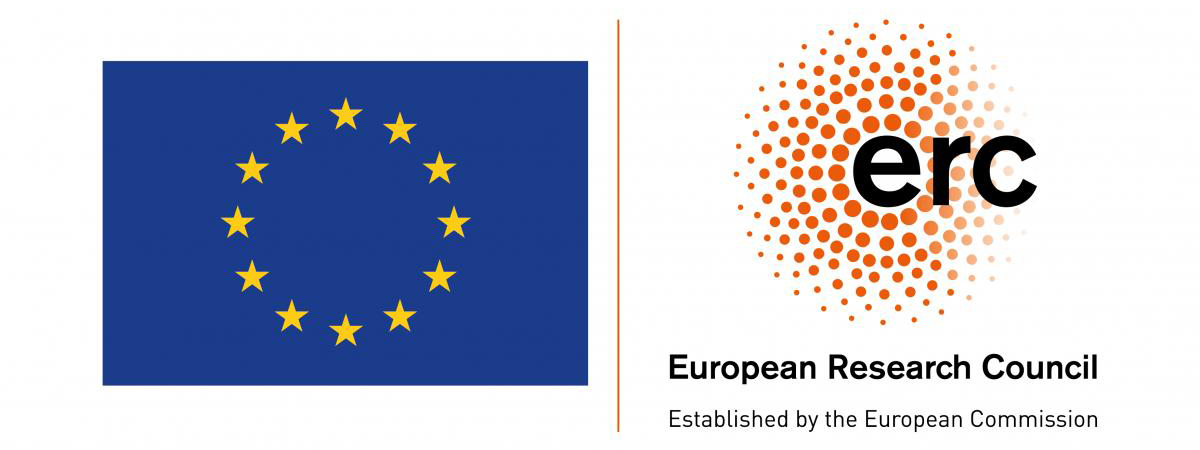
Project 3 - Predictive Policing
Police departments in the US and Europe are already using systems of predictive policing, applying algorithmic prediction to identify potential criminal activities and intervene before they are accomplished. We explore the relationship between algorithmic prediction and the current forms of management of the uncertainty of the future. We argue hat the use of predictive policing could undermine the distinction between prevention and repression. While repression addresses specific individuals, prevention assumes that it is not yet known precisely who, when and where a crime will be committed.

We investigate in two steps the impact of predictive techniques on preventive measures.
Predictive effectiveness vs. preventive effectiveness. Predictive methods are expected to allow police to move from a reactive to a proactive approach. Current prevention activities take place mainly in the form of community policing with networking and integration of police officers in the community of citizens. We observe whether and how predictive tools are changing this approach.
Intransparency of predictive policing systems. When predictive systems are used to direct law enforcement, city councils and police departments cannot avoid the public's request for clarification on the procedures adopted. Referring to the debate on "explainable AI", we collect and analyze petitions and interrogation addressed by European and US citizens to the administrations, and the respective answers.
